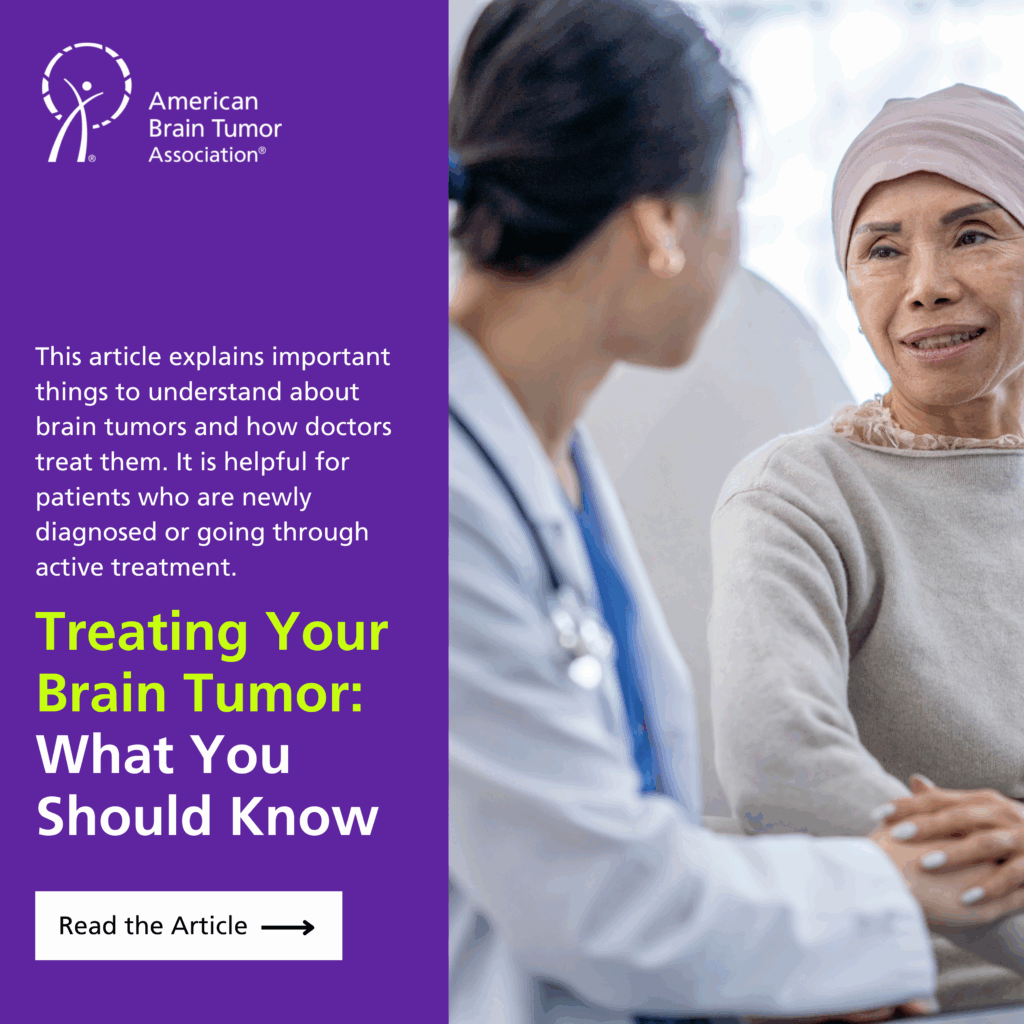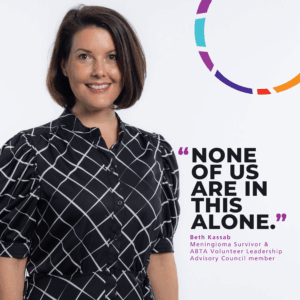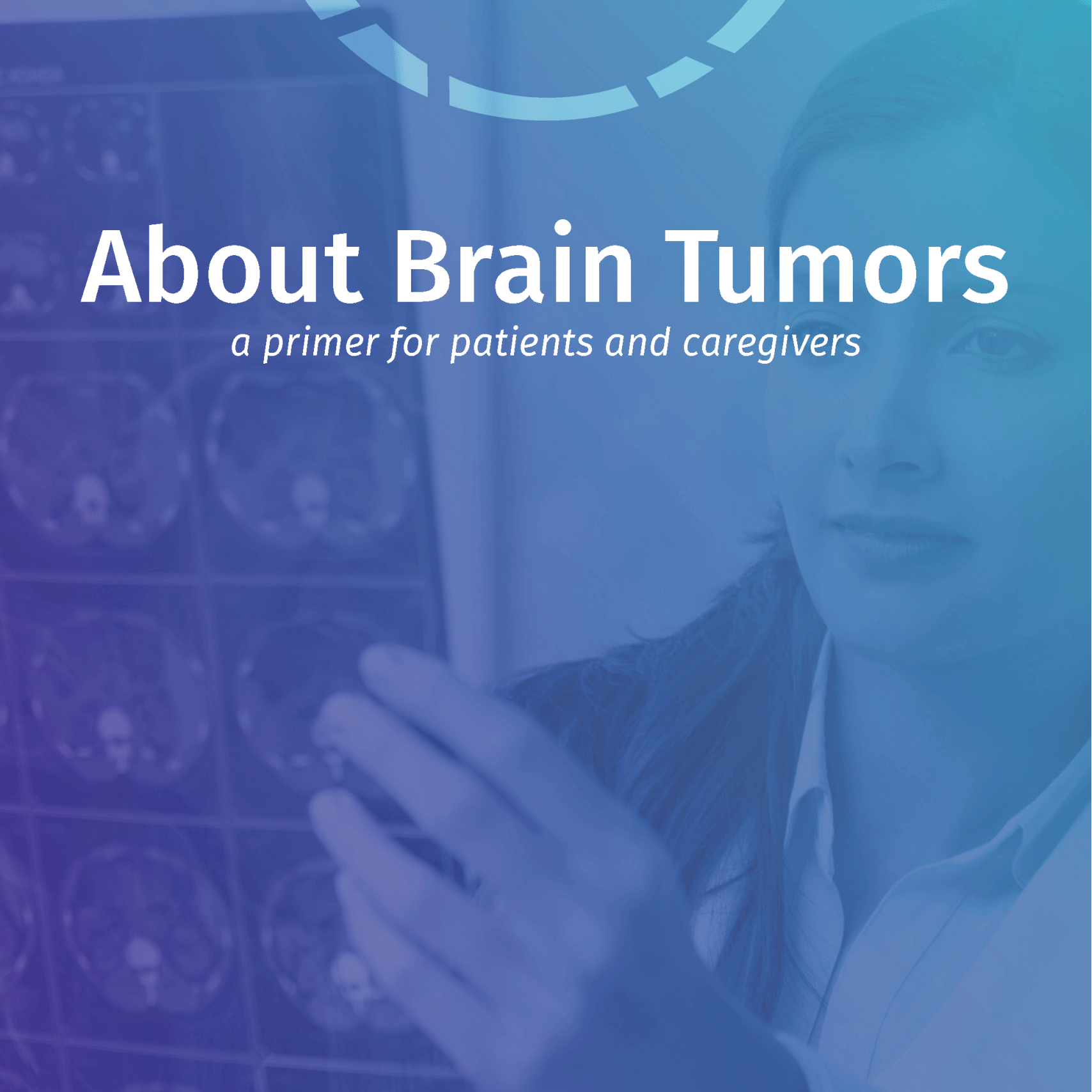When you are diagnosed with a brain tumor, it can be hard to know what questions to ask and what to expect during treatment. Here are some important things to understand about brain tumors and how doctors treat them. It is helpful for patients who are newly diagnosed or going through active treatment.
Brain tumors can be either primary or secondary.
Primary brain tumors start in the brain itself, while secondary tumors, also called metastatic brain tumors, spread to the brain from other cancers like lung, breast, or skin cancer. Primary brain tumors are made of brain tissue and are graded by how fast they grow, from grade 1 (slow growing) to grade 4 (very aggressive). Grade 3 and 4 tumors are often called malignant.
Common symptoms of brain tumors include headaches, seizures, weakness on one side of the body, speech problems, or confusion. If you notice these signs, your doctor will likely order imaging tests such as a CT scan or MRI to look at your brain. MRI is the preferred test because it shows more detail.
After imaging, a tissue sample from the tumor is needed to know exactly what type of tumor you have. This helps doctors decide the best treatment. Treatment often includes surgery to remove as much tumor as possible. After surgery, radiation therapy and chemotherapy may be used to try to control the tumor.
Doctors also consider newer treatments like targeted therapy, immunotherapy, and precision medicine. These treatments focus on specific features of the tumor and may help slow its growth. Molecular testing of the tumor tissue can find mutations that guide these treatments.
Brain tumors can be hard to cure because tumor cells often spread into normal brain tissue. Doctors focus on controlling the tumor to help patients live longer and feel better. Regular checkups with scans are needed to watch the tumor over time.
Clinical trials are very important for brain tumor patients. These studies test new treatments and give patients access to the latest therapies. It is good to ask your doctor about clinical trials that might be right for you.
When you visit your neuro-oncologist, ask important questions like: What is my diagnosis? What treatment do you recommend and why? What are the side effects? How will we know if the treatment is working? Who will be in charge of my care? These questions help you understand your treatment plan and feel more in control.
This article is based on a presentation from the 2024 ABTA National Conference by Dr. Ashley Ghiaseddin. He is the Chief of the Division of Neuro-Oncology and Associate Professor in the Department of Neurosurgery at the University of Florida College of Medicine. Dr. Ghiaseddin is one of the Co-Chairs for the 2025 ABTA National Conference. He specializes in brain cancer treatment using advanced methods like chemotherapy, immunotherapy, and precision medicine.
Understanding your brain tumor and treatment options is a key step in managing your health. Stay informed, ask questions, and work closely with your care team to get the best care possible.








